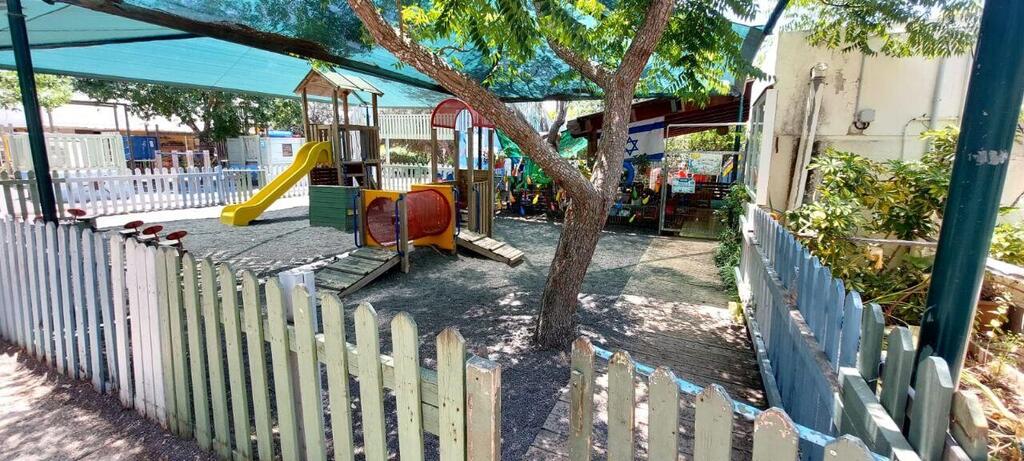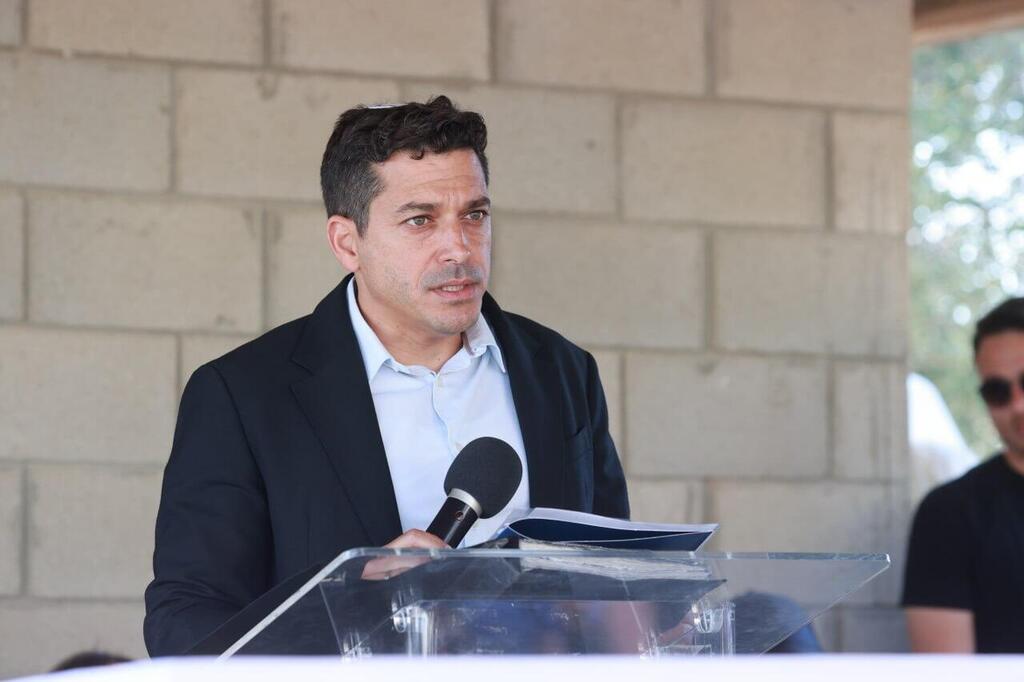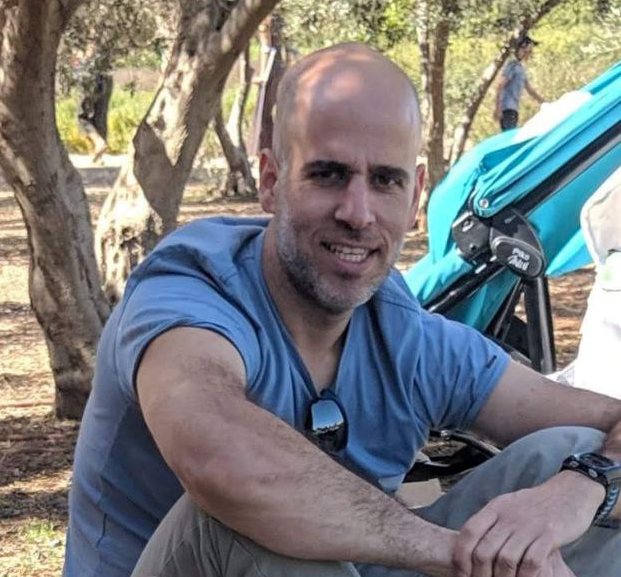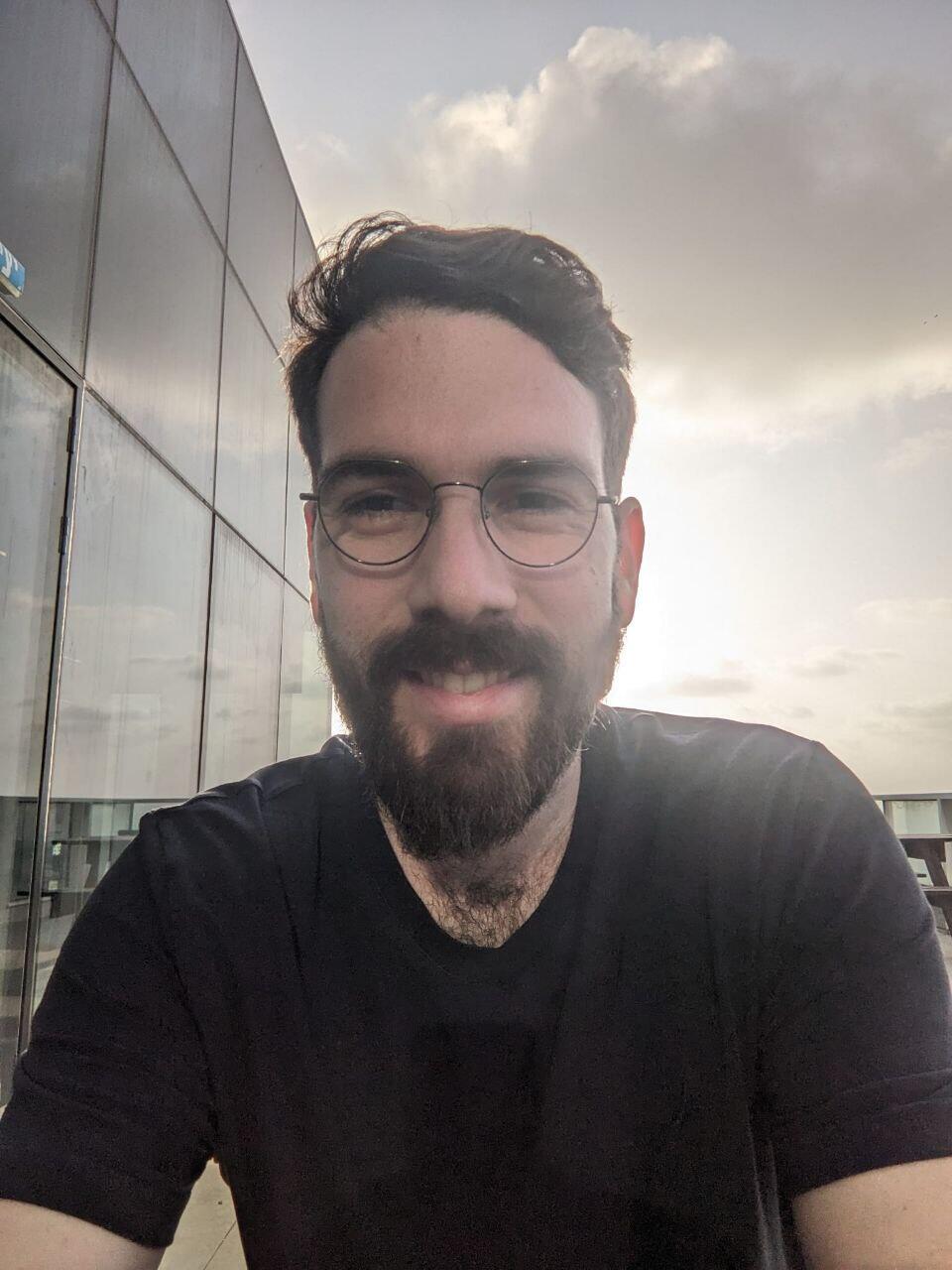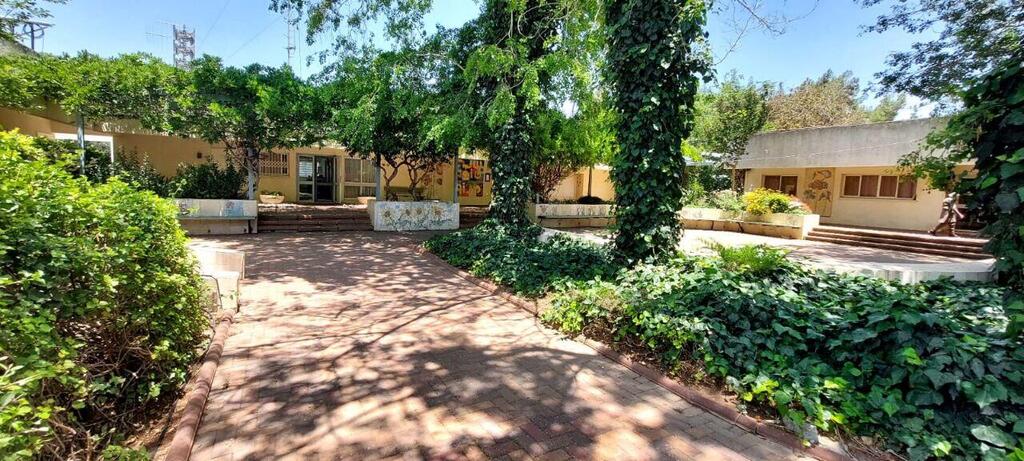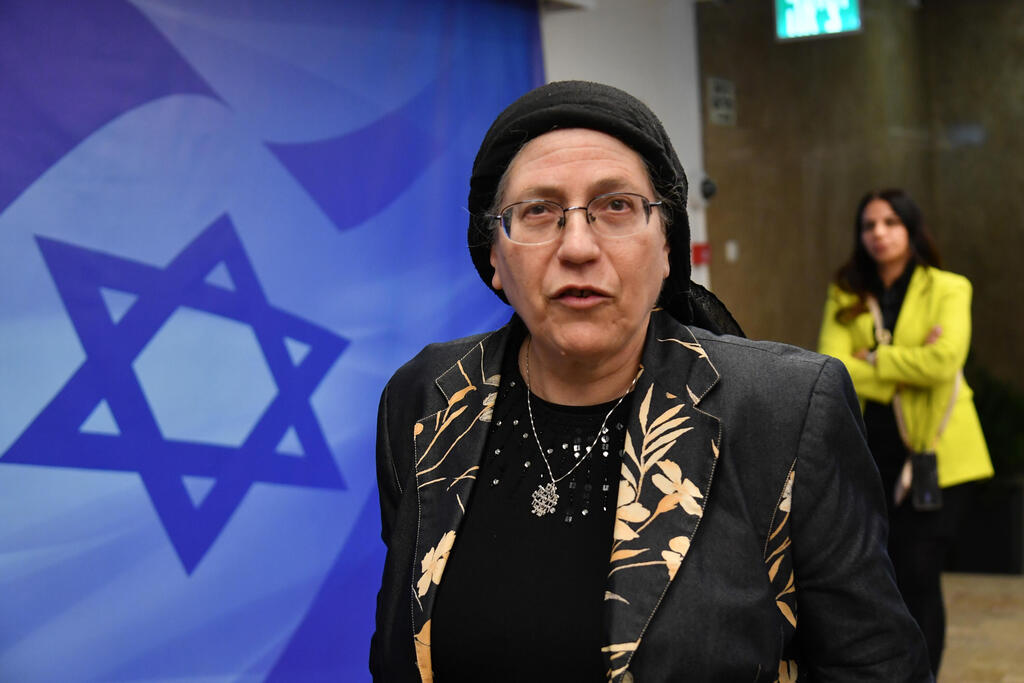Getting your Trinity Audio player ready...
"In each of the last four years, at least one kindergarten has closed in our community, and another two will be shut own this year," said Shai Nahir, a father of two from Yuvalim in Lower Galilee.
Read more:
This startling confession came against the background of grim data presented by Diaspora Affairs Minister Amichai Chikli during last week's Cabinet meeting, according to which over the past two decades, the number of children living in the Misgav Regional Council was slashed by over 50%.
Chikli pointed out to his fellow ministers that there is a "crisis that is characterized by a sharp and consistent growth of minority communities as well as the number of residents, compared to a continuous weakening of the Jewish settlements."
Analyzing the data specific to the Misgav Regional Council, as detailed in Chikli's document titled "Immediate and Vivid Threat to Israel's Sovereignty in the Galilee Region," it becomes apparent other communities like Kamon saw a two-third drop in the number of children residing there, while Avtalion recorded a significant 75% decline, and Lavon suffered a staggering decline of over 95%. The latter's sole remaining kindergarten in Lavon is expected to close by the end of this year.
In recent weeks, dozens of parents in the northern regional council received notices that the kindergartens in their communities are to be shut down, citing low enrollment rates for the upcoming academic year, including in Kibbutz Hanaton where Chikli lives.
Shai Nahir's 4-year-old son will have to attend a multi-age kindergarten where children aged 3-6 learn together. The Jewish children will be mixed with children from neighboring Bedouin communities, who currently make up about 40% of students in the Jewish educational systems in the Misgav Regional Council.
Locals argue that the lack of growth opportunities is causing the communities to "age" and that housing there is only accessible to affluent families that mostly no longer have younger children.
"Our community Yuvalim has a higher percentage of over-sixties than any other town you’ll find in central Israel," Nahir says. "We have been living in my parents' home for seven years now, unable to find an opportunity to purchase land to build our own home. Meanwhile, property prices continue to skyrocket.
A community without young families and children is unsustainable, and it appears that the government has given up on Galilee and rural development."
Nahir is well aware of authorities' planning policies, which primarily focus on strengthening the larger cities in Galilee as the main and most important challenge. However, he says he wants to raise his children near his parents in the community where he grew up and that rural settlement must not be abandoned.
"We originally lived in central Israel, but after our second child was born, it was natural for us to return and live near our parents, receiving the necessary help during such a demanding period. Housing prices here were also supposed to be more reasonable than in central Israel."
Wanted to enjoy living close to nature
Tom and Raz Verman are raising their two children, aged 3 and 1, in the community of Manof, which also belongs to the Misgav Regional Council. They are renting a small apartment and have been waiting for two years for an opportunity to purchase land and build their own home. Currently, it seems that this opportunity is slipping away.
"I was born and raised here in the community," Tom recounts. "I left for education and work purposes, and we returned with our eldest daughter, Gaya, to enjoy life in a rural community close to nature."
"About six months ago, there was a lottery for plots of land, and we were fortunate enough to be one of the families eligible to build a home in the small expansion,” she says.
“In my age group in Manof, there were 16 children, but today I am the only one still living here, and at least three friends want to return but have nowhere to go because no young couple can afford to buy land for a home here, and there are no more plots of land available for lottery.
If a Bedouin citizen who served in the army receives benefits and appreciation, then it is reasonable that we should receive the same conditions. It's a value of equality and not necessarily Zionism."
To drive the point home. According to him, "In the Bedouin village of Kaukab, which is less than a kilometer as the crow flies from our home, the cost of land for IDF veterans ranges from NIS 50,000 to NIS 150,000 after a 90% development discount, while with us, there is virtually no subsidy and the cost of the land is 1.2 million shekels, and that's without the high development costs on rocky land and the cost of building a home, even the simplest and most basic.
We also served in the army and believe that we deserve these benefits so that we can return here and build our home as our Arab neighbors rightfully desire."
Raz is very worried about the future of the community they chose to build their home in, as they hoped to find a developing community of people their age.
"Our youngest son Shaked is the only child in his whole age group in the community, and we are at a crossroads. On the one hand, we very much seek a community and want to live close to our parents, but on the other hand, we understand that we may be putting our children in a problematic reality, growing up in a rural community with no other children their age or very limited social circles.
This is a very worrying event that weighs heavily on our future. Next year we will have one framework for children aged 0-3 and one framework for the 3-6-year-old group. It's a daunting reality."
The family patriarch summarized, "Many view us as privileged individuals seeking to live in a private home in a rural area, but we must not forget that beyond our desire to return to our parents, there are economic implications to the decision we have made, and a price we pay for living in distant housing areas without public transportation and far from shopping centers and employment centers.
Getting to work in Haifa takes an hour and twenty minutes by car. Every family is required to have two cars because to go anywhere, even to visit a doctor or buy milk, we can only get there by car."
In light of the decline in the Jewish population in the regional councils of Misgav, Lower Galilee, Jezreel Valley, and throughout the Galilee, there have been intense conflicts in government meetings that have escalated into heated arguments between Minister Chikli, Settlement and National Missions Minister Orit Strock, on one hand, and officials from the Housing Ministry and the Israel Land Authority on the other hand.
The ministers and heads of regional councils in the Galilee blame the state, particularly Israel Land Authority which is responsible for managing state lands, for leading a widespread planning policy in recent years to combat illegal construction violations and to expand settlement in minority settlements in Galilee which have suffered for years from neglect and a severe housing shortage.
In accordance with the policy regarding minority communities, significant benefits to the tune of millions of shekels were provided and numerous master plans were approved, even at the expense of green areas and nature reserves, in order to address the crisis in these areas.
On the other hand, Jewish communities in Galilee do not enjoy similar benefits or accommodations, and land prices are much higher compared to their Arab neighbors. Additionally, the development of Jewish communities is limited.
Chikli said in a government meeting, "Neglecting the development of Jewish communities on one hand, and nurturing minority communities on the other hand, has had a devastating effect on the situation of Jewish communities in the area, to the point of posing a real threat to the sovereignty of the State of Israel in these territories."
The minister noted that in the past year, expansions of thousands of housing units in minority communities in Galilee, which are characterized by low and sprawled construction, have been approved.
In contrast, during the same period, not even one master plan has been approved for any settlement area in the Golan Heights, Upper Galilee, Galilee region, or Jezreel Valley.
In the Misgav Regional Council, a single plan for the construction of 59 housing units was approved, while in Kibbutz Harduf in the jurisdiction of the Jezreel Valley Regional Council, another plan for the construction of 51 housing units was approved.
In the previous Cabinet meeting, which dealt, among other things, with the definition of "national priority areas," the ministers even revealed that the Housing Ministry and the Israel Land Authority are working to expand the apparent impact on the potential growth of Jewish settlements due to the intention to cancel the subsidized development expenses, while the state provides a subsidy of up to 90% for development and land costs in Arab communities.
At the request of Minister Strock, Prime Minister Benjamin Netanyahu announced the formation of a ministerial committee to find solutions to the issue within a month. It first convened this Monday.
During the Cabinet meeting at the beginning of the week, Chikli presented a list of urgent demands to address the aging of Galilee communities and the departure of young people.
These demands include setting a minimal goal to approve 50 master plans for rural communities within the next six years, limiting land prices in Galilee, raising the equity ceiling to a discount of one million shekels, and updating the benefits for non-homeowners and reservists, among others.
Chikli proposes allocating land to each community in Galilee, upon which 100 rental housing units will be built for temporary housing for students and young couples, as a means to strengthen the communities.
Additionally, a local employment complex will be established in the communities. Minister Strock said that "the entire government is mobilized to save the Galilee communities. There is a broad national consensus that this is a first-class national mission, and I hope that with joint efforts we will also reach the correct formulation and bring new, young and vibrant life."
How challenging is it for the government to promote decisions that will lead to changes on the issue? On Sunday, ministers were supposed to discuss a proposed law that aims to implement the Zionist values of the Nation-State Law in government offices.
The opposition of Attorney General Gali Baharav-Miara and the Haredi ministers to the proposed text led to postponing the discussion on the matter.
A phone call to obtain approval for a new text was also canceled in the end. Strock believes that the decision on the matter is mainly declarative and that decisions on practical steps in the field of national priority, land prices, etc. are much more important.



